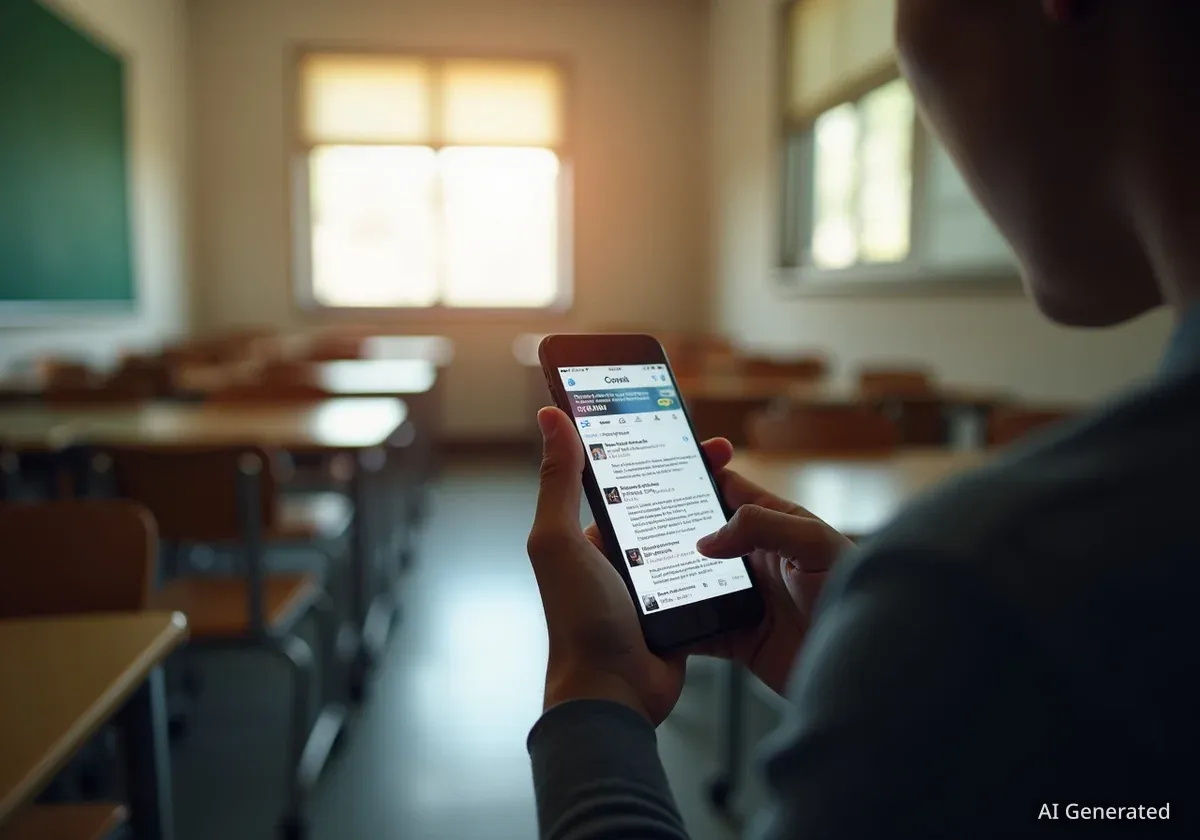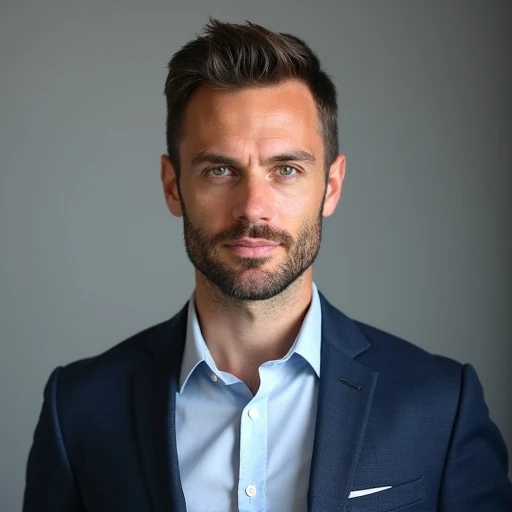A directive from Virginia's Superintendent of Public Instruction has ignited a statewide debate over the First Amendment rights of educators. The state official has warned that teachers could have their professional licenses revoked for social media posts that celebrate or condone political violence, a move that followed online reactions to the recent death of political figure Charlie Kirk.
Key Takeaways
- Virginia's top education official has threatened to revoke the licenses of teachers who post content on social media celebrating political violence.
- The warning was issued after some online comments appeared to condone the recent death of Charlie Kirk.
- Educator advocacy groups, like the Virginia Education Association, argue the policy infringes on teachers' First Amendment rights as private citizens.
- Legal experts note that while public employee speech can be regulated, revoking a license for off-duty online activity presents a significant legal challenge.
- Current Virginia state code does not explicitly list social media conduct as a reason for license revocation, though a broad "good and just cause" clause exists.
State Warning Sparks Free Speech Controversy
The office of the Virginia Superintendent of Public Instruction issued a stark warning to educators across the commonwealth, indicating that professional licenses are at risk for those who use social media to celebrate acts of political violence. This announcement came shortly after the death of political commentator Charlie Kirk, which reportedly prompted a range of public reactions online, including some that the school division found celebratory.
The state's position has drawn a sharp line in the sand, creating a conflict between professional conduct standards and the constitutional rights of public employees. While the school division aims to maintain professional decorum and ensure student safety, critics argue the policy ventures into regulating the private lives and personal beliefs of teachers.
Educators Express Concerns Over Surveillance
The Virginia Education Association (VEA), a prominent union representing teachers, was quick to voice its opposition to the superintendent's stance. Carol Bauers, President of the VEA, described the warning as a significant overreach.
"My first reaction is that it is a big of an overreach," Bauers stated. "Teachers already feel like they are under surveillance, and the fact that they are making threats in what they are saying in their private time is not helpful to anyone and does not help with teacher retention as well."
Bauers emphasized that teachers, as American citizens, are entitled to the same First Amendment protections as anyone else. She argued that they should be free to engage in public discourse on current events without fear of professional retaliation for opinions expressed outside of their work duties. The VEA maintains that due process must be followed in all disciplinary actions and that educators should be able to appeal any such decisions.
Teacher Retention in Virginia
The debate occurs amid ongoing challenges with teacher recruitment and retention in Virginia and nationwide. Educator advocacy groups argue that policies perceived as punitive or overly restrictive can exacerbate these shortages by creating a hostile professional environment, discouraging individuals from entering or remaining in the teaching profession.
The Legal Boundaries of Public Employee Speech
The superintendent's warning raises complex legal questions about the extent to which a state can regulate the speech of its employees, particularly when that speech occurs on personal social media accounts outside of work hours. Legal analyst Steve Benjamin weighed in on the issue, explaining the nuanced legal framework that applies to public sector workers like teachers.
"Teachers especially have that right to post on social media if it concerns a matter of public concern or legitimate news interest," Benjamin said. He clarified that public employees do not forfeit their constitutional rights upon accepting a government job. However, these rights are not absolute.
Benjamin noted that speech can be restricted under specific circumstances, such as when a teacher is acting in their official capacity within a classroom. The critical distinction lies in whether the individual is speaking as a private citizen or as a representative of the school division.
Effectiveness and Public Trust
A key factor in determining whether speech is protected is its impact on the employee's ability to perform their job effectively. "They have to be aware that their role as a teacher their effectiveness as a teacher depends to a very real extent of public trust in them," Benjamin added. If a teacher's online speech can be shown to directly disrupt the educational environment or undermine their credibility with students and parents, a school division may have grounds for disciplinary action.
The "Pickering" Balancing Test
U.S. courts often use a standard known as the Pickering test, from the Supreme Court case Pickering v. Board of Education (1968). This test requires balancing the employee's interest in commenting on matters of public concern against the state's interest in promoting the efficiency of the public services it performs through its employees.
Examining the Rules for License Revocation
The threat to revoke a teaching license is a severe measure, far more significant than a suspension or administrative leave. The Virginia Board of Education has a specific list of 14 official reasons for which a teacher's license can be revoked. An examination of this list reveals no explicit mention of social media activity.
The established grounds for revocation include serious offenses such as:
- Obtaining a license through fraudulent means.
- Falsification of school records.
- Conviction of any felony or certain misdemeanors.
- Conduct having a direct and detrimental effect on a student's health or welfare.
- Founded cases of child abuse or neglect.
The "Good and Just Cause" Clause
The final point on the list, item 14, is a broad catch-all provision. It allows for revocation for "Other good and just cause in the best interest of the public schools of the Commonwealth of Virginia." This is the clause the state would likely have to rely on to act against a teacher for social media posts.
However, legal experts suggest that using this clause for such a purpose could face a strong legal challenge. "That’s way too broad; that probably would infringe upon a teacher’s right to speak as a private citizen on a matter of public interest," Benjamin commented. For the state to succeed, it would likely need to demonstrate a clear and direct link between the teacher's online speech and a negative impact on students.
"If the school can show the teacher’s speech has a direct and detrimental effect on the student’s health and well-being, then that could be a legitimate reason to revoke a license," he concluded. Without that direct link, any action taken by the state could be viewed as an unconstitutional infringement on free speech, potentially creating a slippery slope for regulating the private opinions of all public employees.





